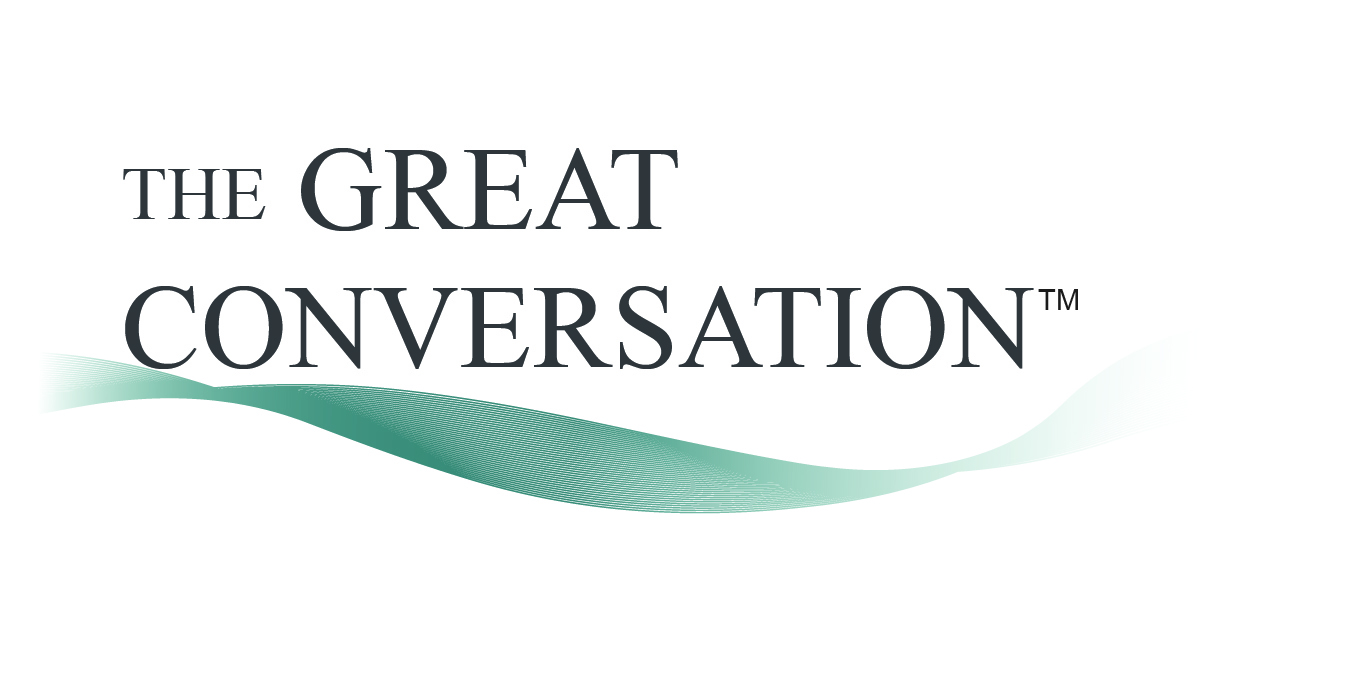If you are a CEO, you know your primary responsibility is navigating risk and opportunity. You are driven to grow while mindful that growth carries with it a responsibility to your customers and your people.
· How do you know you have the right measures?
· Are your people in the right seats (roles)?
· Have you placed them in a measurable process?
· Have you given them the right tools?
· Are these people, the processes, and the tools focused on the organizational outcomes that drive strategic value in the business?
· Are they aware of their significant contributions to that outcome?
· Do they see and feel the purpose behind the brand and product/service promise?
Every one of these measures demands a high level of individual, team, and organizational trust. And that is the one KPI we don’t adequately or persistently measure.
In this conversation we ask one of the top Industrial Organizational Psychologists, the domain focused on the integration of performance and well-being in a workplace, to weigh in on this missing link.
Dr. Rob McKenna, a renowned Industrial-Organizational Psychologist and founder of WiLD Leaders, has developed a tool called the WiLD Trust Index. This tool is designed to measure trust at various levels within an organization, including individual, team, and organizational trust
Key Points about the WiLD Trust Index:
· Purpose: The Trust Index aims to provide a clear and actionable measure of trust, which is often an overlooked but critical component of organizational success.
· Assessment: It is a simple 10-minute assessment that can be administered to gauge trust levels across the organization.
· Impact: By understanding and improving trust, organizations can enhance communication, innovation, and overall engagement, thereby laying a strong foundation for other key performance indicators (KPIs).
Why Trust Matters:
1. Alignment with Organizational Goals: Trust ensures that employees are aligned with the organization's mission and values, leading to better strategic execution.
2. Employee Engagement: High levels of trust correlate with higher employee engagement and satisfaction.
3. Performance and Well-being: Trust connects performance and well-being, creating a more cohesive and productive work environment
Dr. McKenna's work emphasizes that trust is not just a soft skill but a measurable and essential component of effective leadership and organizational health
Enjoy this Great Conversation on cracking the code of the ultimate KPI…trust.


